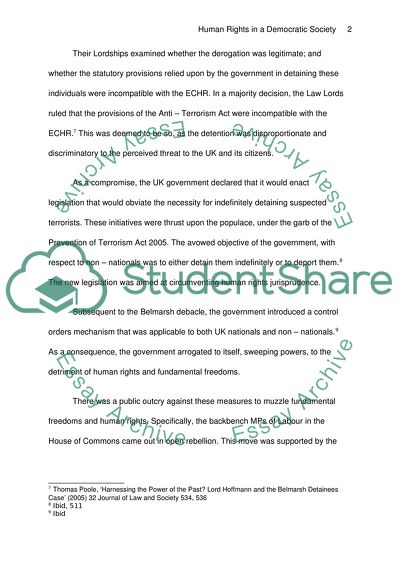Cite this document
(Infringement of Human Rights in a Democratic Society Assignment, n.d.)
Infringement of Human Rights in a Democratic Society Assignment. Retrieved from https://studentshare.org/law/1735460-uk-public-law-essay-question
Infringement of Human Rights in a Democratic Society Assignment. Retrieved from https://studentshare.org/law/1735460-uk-public-law-essay-question
(Infringement of Human Rights in a Democratic Society Assignment)
Infringement of Human Rights in a Democratic Society Assignment. https://studentshare.org/law/1735460-uk-public-law-essay-question.
Infringement of Human Rights in a Democratic Society Assignment. https://studentshare.org/law/1735460-uk-public-law-essay-question.
“Infringement of Human Rights in a Democratic Society Assignment”. https://studentshare.org/law/1735460-uk-public-law-essay-question.


